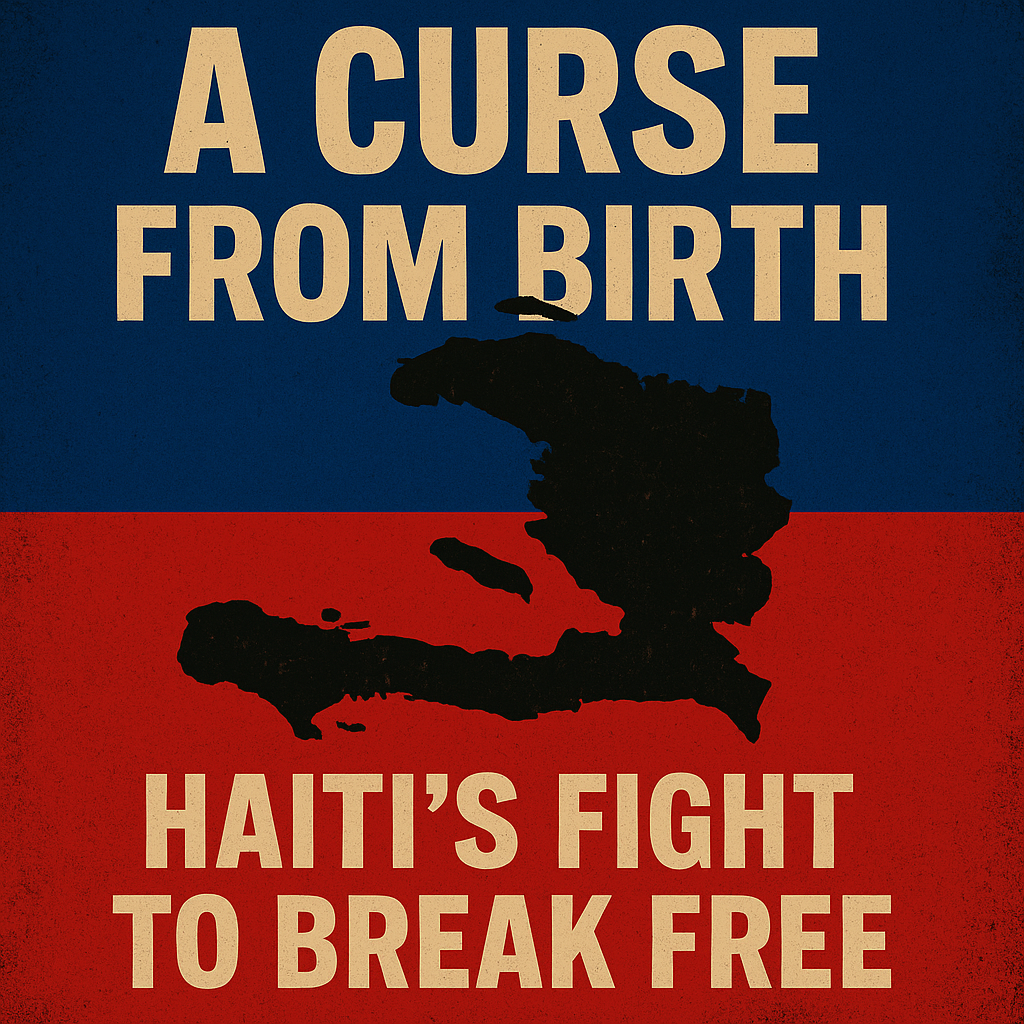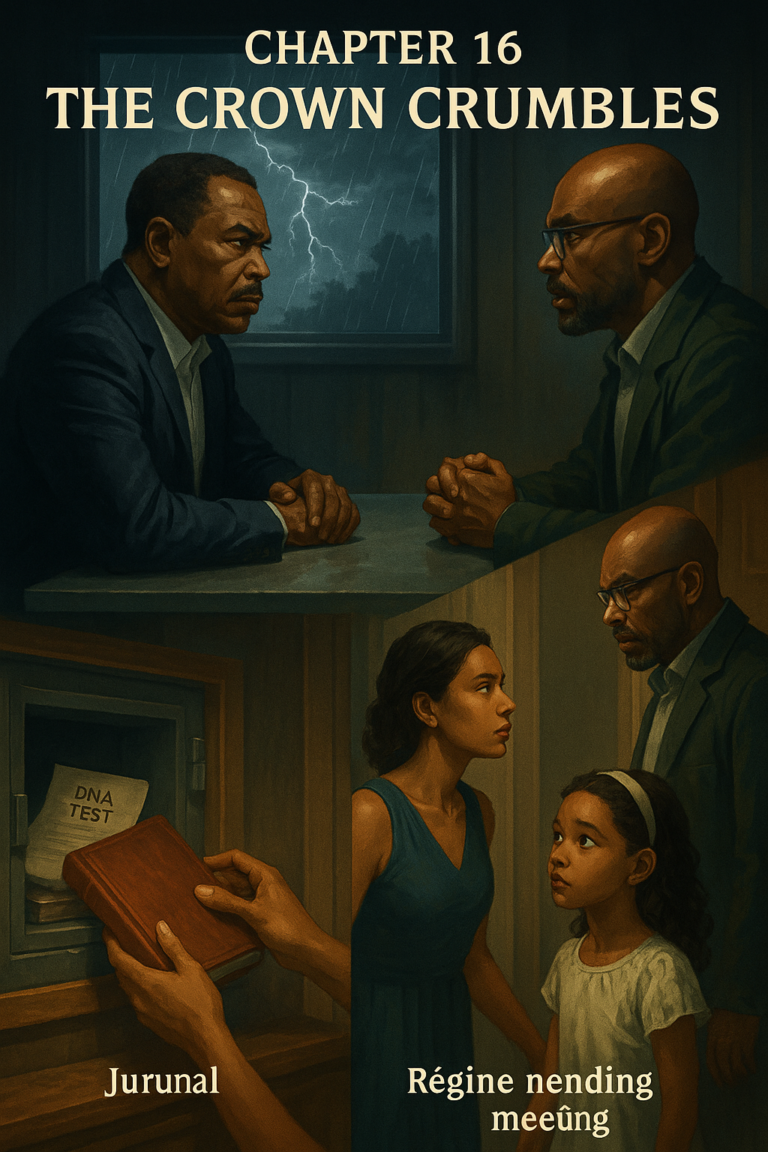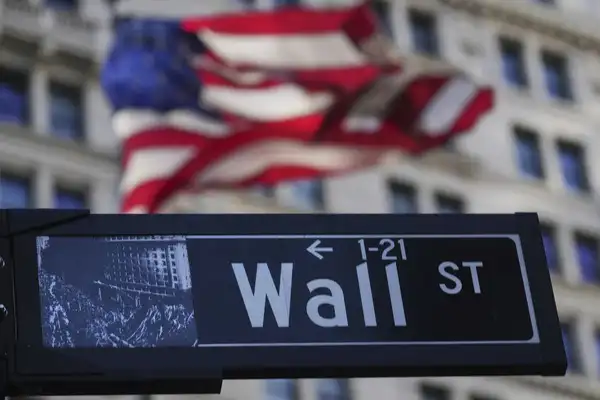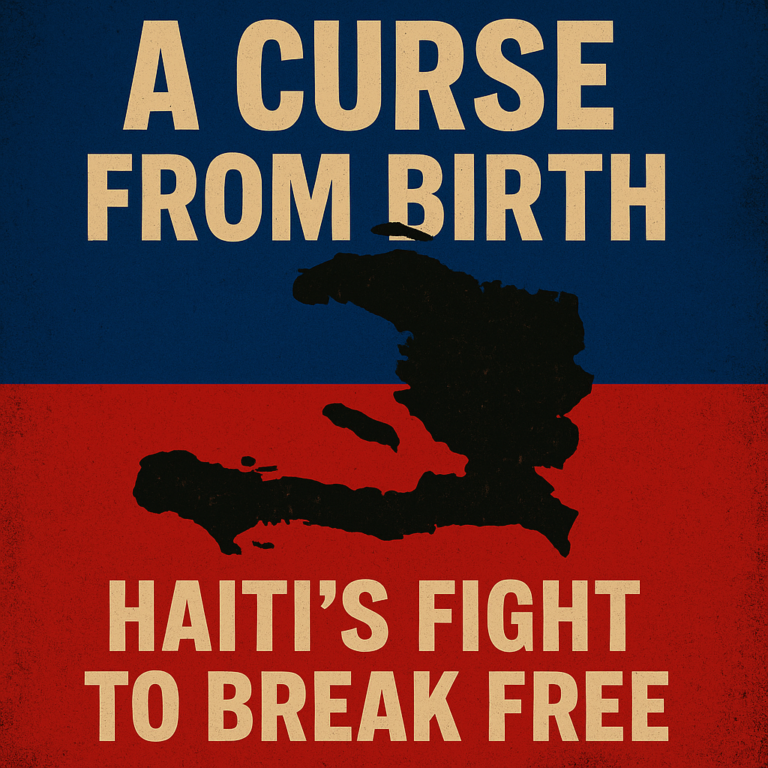
From the ashes of slavery, a revolution was born. In 1804, Haiti shattered the unthinkable—it became the first Black republic, the first nation in the Western Hemisphere to declare independence through a slave revolt. Our ancestors, led by titans like Jean-Jacques Dessalines, Toussaint Louverture, and Henri Christophe, crushed the mightiest empire of the time and rewrote the narrative of freedom. The world watched in disbelief. A nation of former slaves had dared to rise.
But from that triumphant moment, Haiti was cursed—not by the heavens, but by the very hands of those who lost power when we stood up. From the moment of our birth as a nation, the world turned its back. And worse—it bled us dry.
The Ransom That Stole Our Future
In 1825, France—humiliated by the success of Haiti’s revolt—returned with warships and a brutal ultimatum: Pay 150 million gold francs or face total destruction. This was the price France demanded as “compensation” for the loss of their enslaved property: our freedom, our dignity, our very existence.
The young Haitian nation, still reeling from war, had no choice. We began repaying this ransom—a debt that would chain us economically for over a century. A debt that strangled our development and buried our dreams. That money, which could have built schools, hospitals, roads, and a thriving economy, instead filled the coffers of our former oppressors.
Imagine what Haiti could have become. That ransom set the foundation for the poverty we know today. It was the beginning of a generational curse, not of our making, but of colonial revenge.
Exploitation Without Mercy
As time went on, other nations joined in the bleeding of Haiti. Our soil is rich with gold, bauxite, copper, and iridium. Our land, our waters, our people—they have all been exploited without shame.
The United States, under the guise of protection and stability, occupied Haiti from 1915 to 1934. During this occupation, they rewrote our constitution to allow foreign ownership of land, took control of our finances, and treated our people as less than human. And long after they left, the influence remained—quiet, deep, and damaging.
Foreign companies have extracted our natural resources with minimal regulation and no fair compensation. Haiti has been treated not as a nation, but as a mine—dug, depleted, and discarded.
The Betrayal Within
But the tragedy of Haiti is not just what has been done to us. It is also what we have done to ourselves. Our founding fathers gave us a gift unlike any other—a free Black nation. But that gift has been squandered by decades of internal betrayal, failed leadership, and corruption.
We’ve allowed our political systems to rot. We’ve let greed eat away at the heart of our institutions. We have watched, for generations, as opportunities to rebuild were replaced with cycles of dysfunction.
And while the international community continues to exploit, ignore, or destabilize, the bitter truth remains: we too have failed our homeland.
Reclaiming the Pearl of the Antilles
But Haiti is not dead. Haiti is not hopeless. Haiti is wounded, but she is still ours. She is our mother, our blood, our pride, and it is our duty to lift her from the ashes.
To break this curse, we must unite. Not tomorrow—now.
- The youth must rise—not just in anger, but in purpose. The revolution needs visionaries, builders, thinkers, and protectors.
- The elders, guardians of memory and tradition, must guide and inspire.
- The intellectuals, too long divided by ego and politics, must come together with the less educated, the street vendors, the farmers, the teachers, and the healers.
- Our diaspora, one of our greatest strengths, must stop watching from afar. Your education, your resources, your influence—Haiti needs all of it.
We need brilliant minds from every sector—agriculture, technology, education, healthcare, law, and governance—to sit at one table, to forge a new social contract, to design a new Haiti.
We need leaders with courage, not greed. With vision, not vanity. With heart, not hunger for power.
The Curse Ends With Us
For too long, Haiti has been seen as a lost cause—a nation cursed at birth. But this curse was never of divine origin. It was the curse of injustice, exploitation, and betrayal. And that curse can be broken—not by magic, not by miracles, but by us.
We owe it to Dessalines. We owe it to the children sleeping hungry tonight. We owe it to the soul of Haiti herself.
The world may have turned its back, but we must turn to each other. And when we stand united, nothing—no curse, no gang, no empire—can stop us.
Haiti will rise.
Not by waiting. Not by begging. But by building.
By fighting for her. Loving her. Protecting her.
This is our generation’s revolution. And we must win it.
Liberté ou la Mort was the promise.
Now it must be the purpose.





